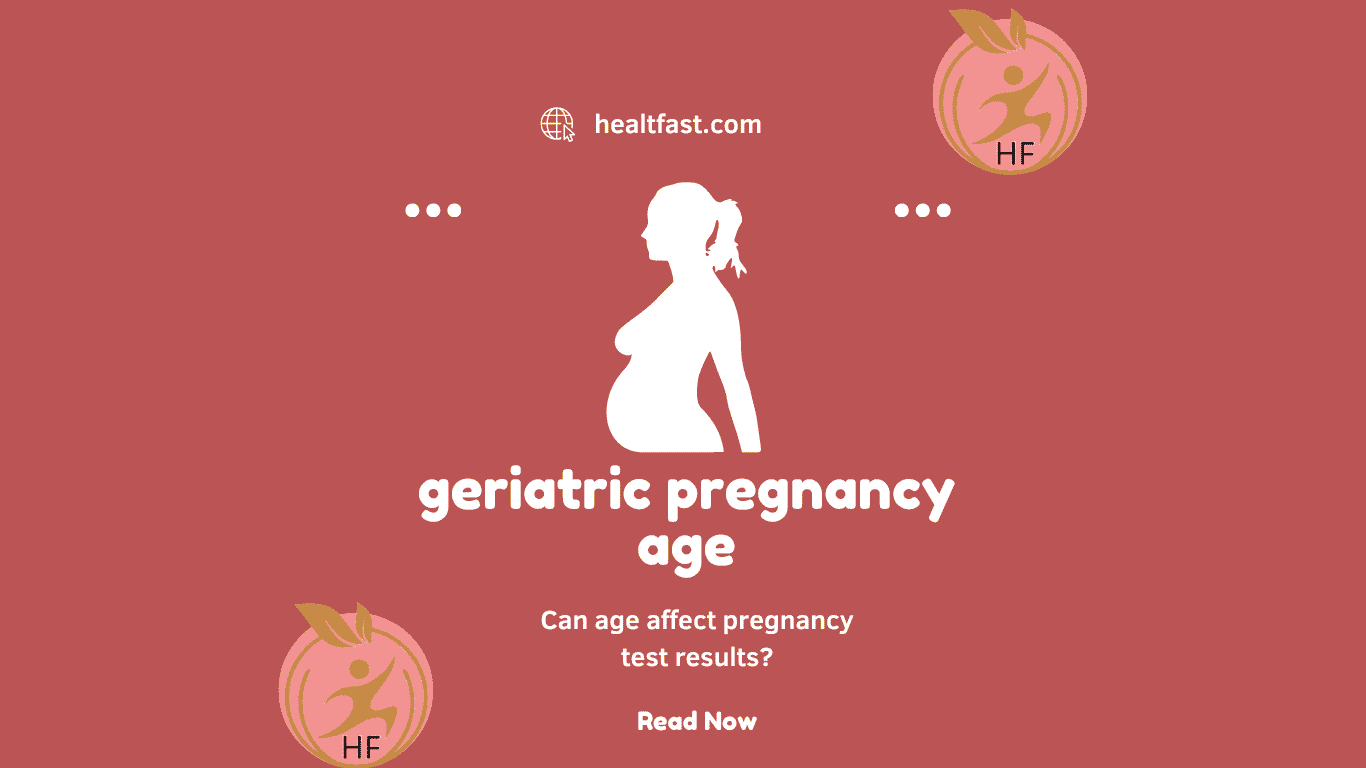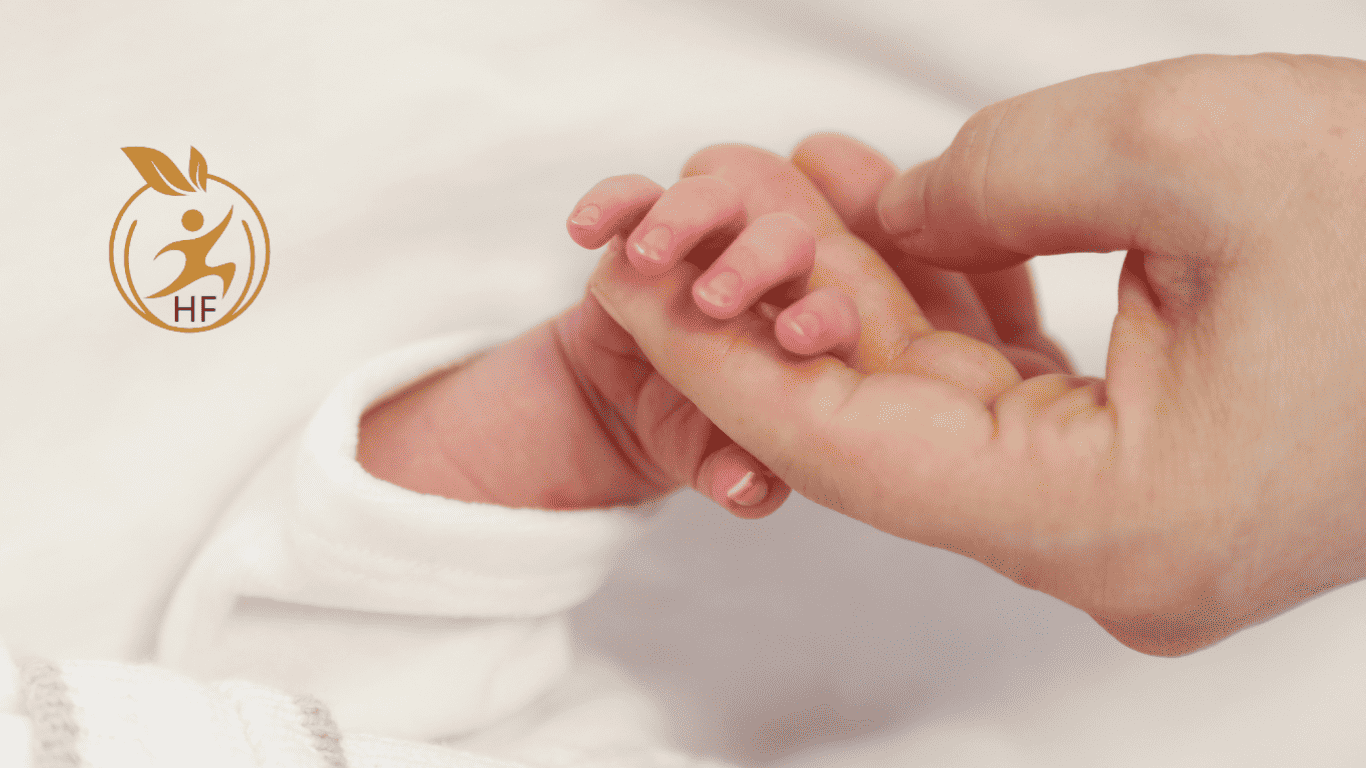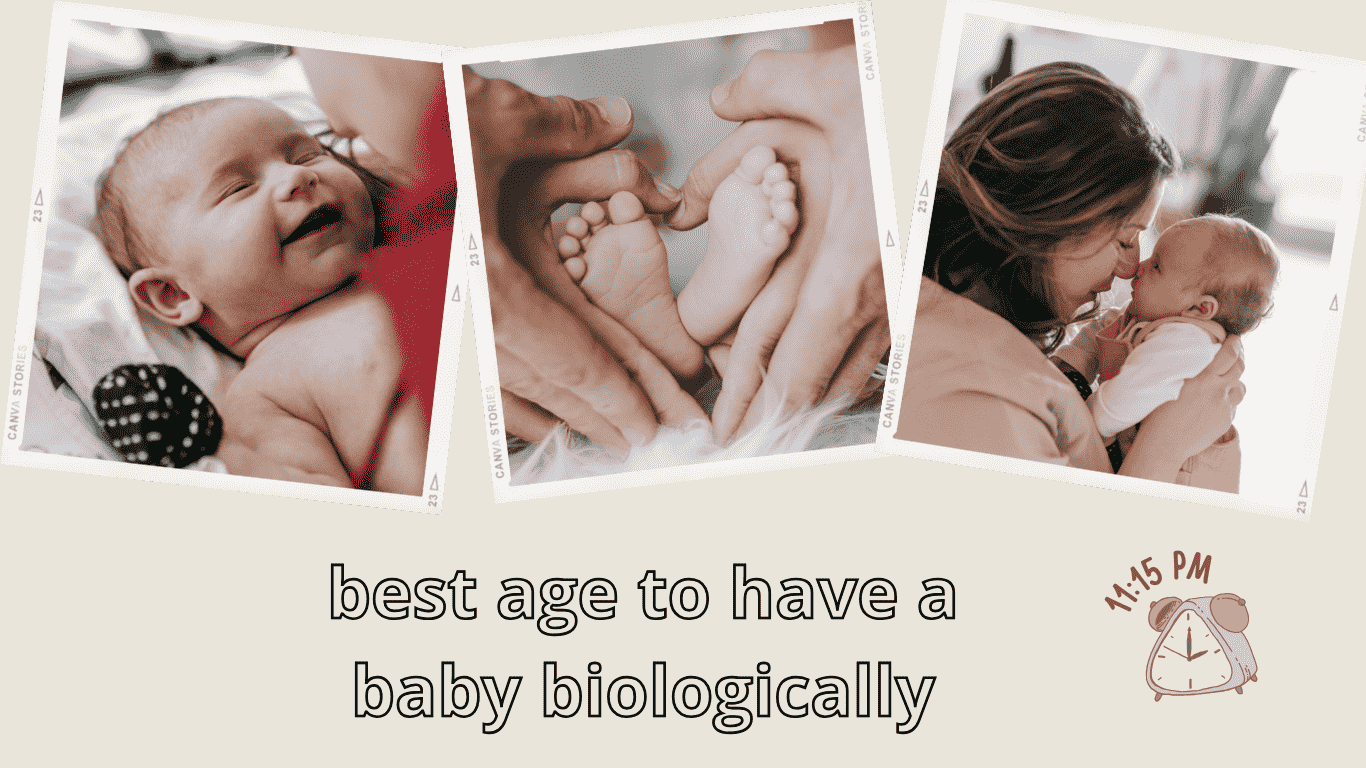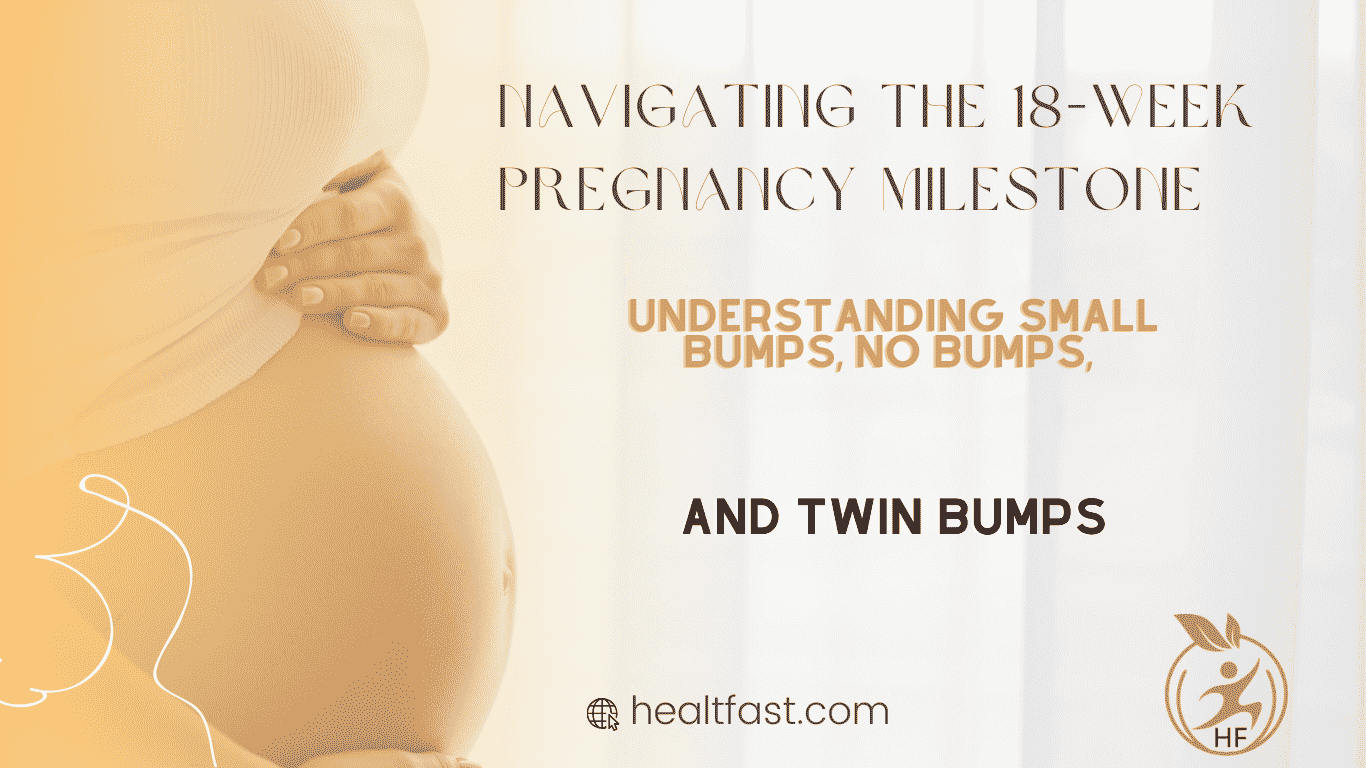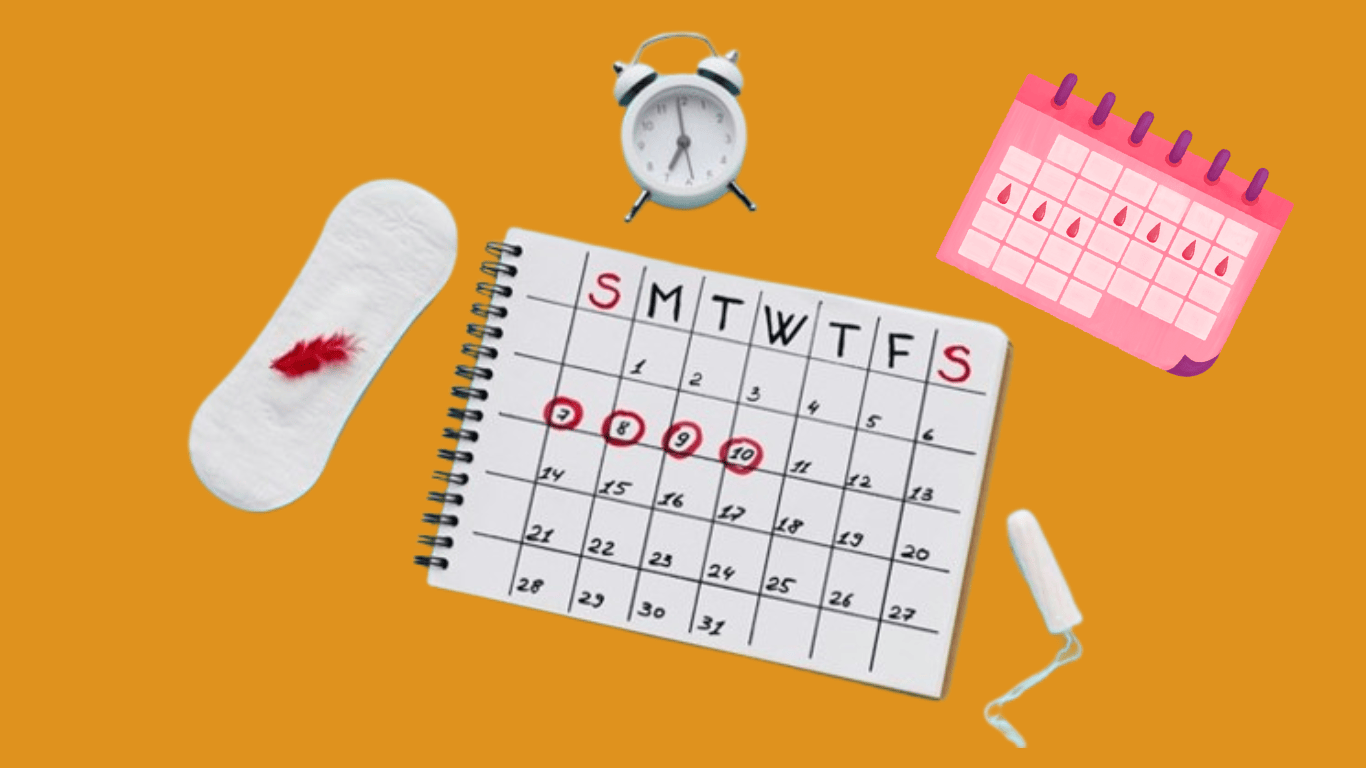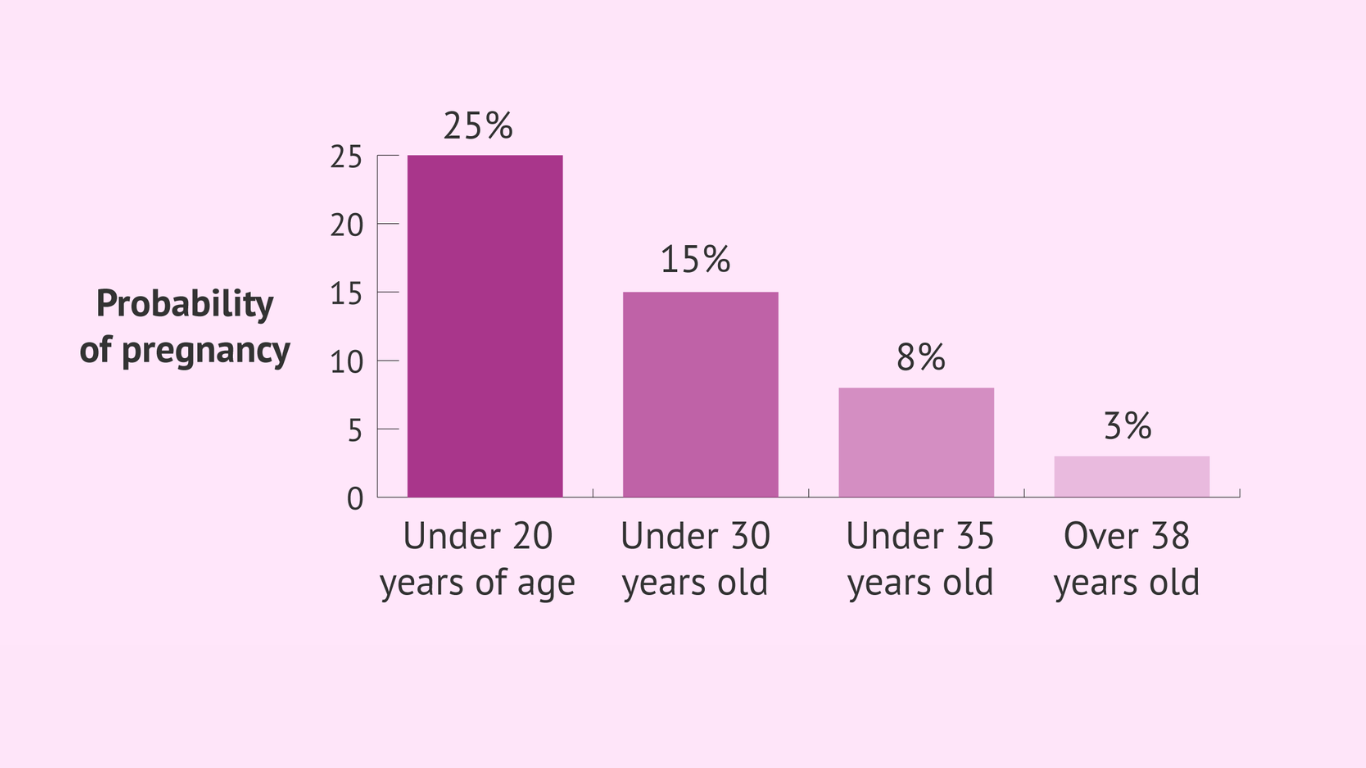There are a lot of variables that could affect the accuracy of results when it comes to pregnancy testing. Of these, age is one of the most important variables that may have an impact on the results of pregnancy tests. In this article, we delve into the intricacies of how age may impact pregnancy test results and explore the scientific nuances behind this phenomenon.
Understanding Pregnancy Tests:
Before delving into the age-related aspects, it’s essential to have a basic understanding of how pregnancy tests work. Most at-home pregnancy tests detect the presence of human chorionic gonadotropin (hCG) hormone in a woman’s urine. Shortly after a fertilized egg attaches to the uterine lining, the placenta produces this hormone. The concentration of hCG increases rapidly in the early stages of pregnancy, making it a reliable marker for detecting pregnancy.
Age and Menstrual Cycle Variations:
Age can affect a woman’s menstrual cycle, which can affect the accuracy of a pregnancy test result. Younger women and teenagers may experience irregular menstrual cycles as their reproductive systems are still maturing. On the other hand, older women approaching menopause may also have irregular cycles due to hormonal fluctuations. These variations can affect the timing of ovulation and, consequently, the accuracy of pregnancy tests.
Fertility Decline with Age:
Female fertility is known to decline with age, especially after the age of 35. As a woman gets older, the number and quality of her eggs diminish, leading to a decrease in fertility. This decline in fertility may affect the likelihood of a successful conception, potentially influencing the results of pregnancy tests. Older women may face challenges in achieving pregnancy, and this could impact the accuracy of at-home tests due to lower levels of hCG in the early stages.
Delayed Implantation and Age:
Implantation, the process by which the fertilized egg attaches to the uterine lining, can be delayed in some cases. This delay may be more common in older women, and it can affect the timing of hCG production. If implantation is delayed, hCG levels may not rise as quickly as expected, leading to a false-negative result in early pregnancy tests.
Medical Interventions and Age:
Couples struggling with fertility issues may undergo various medical interventions, such as in vitro fertilization (IVF) or fertility treatments. The age of the woman can significantly influence the success of these interventions. Understanding the impact of age on fertility is crucial when interpreting pregnancy test results in the context of assisted reproductive technologies.
To summarize, while age can influence many elements of reproductive health, its effect on pregnancy test results is complicated. Women of different ages may have varying menstrual cycles, fertility levels, and implantation timing, all of which might affect pregnancy test accuracy. It is critical to notice and consider these aspects when interpreting at-home pregnancy test results, particularly in light of age-related reproductive changes. As always, a consultation with a healthcare practitioner is recommended for a thorough knowledge of specific circumstances.

